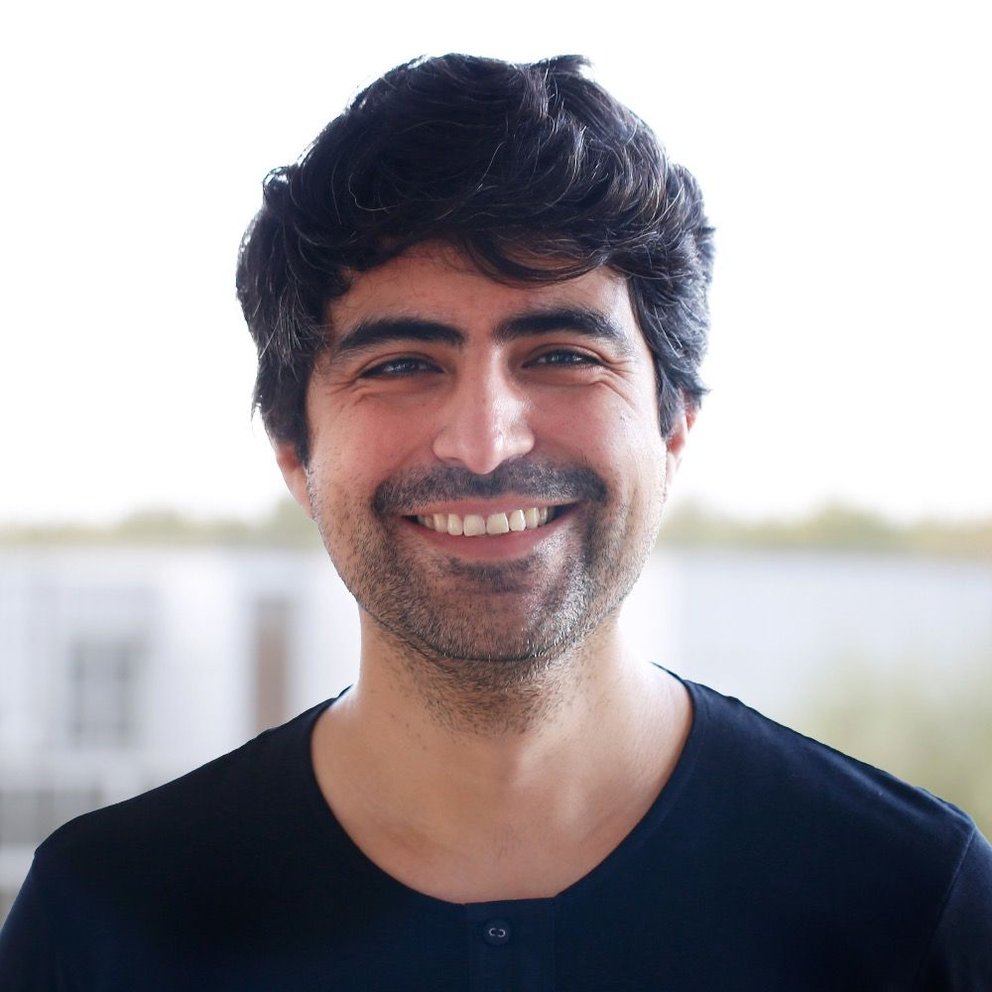Seminar of the Department of Microbiology
Diversity and evolution of complex organic matter degradation capabilities of marine Verrucomicrobiota
Luis H. Orellana, PhD - Project leader - Max-Planck-Institut für Marine Mikrobiologie
01.02.2024, 11:00 - Hybrid
- Join online
- or in presence: HSB4 (Technikerstraße 13b, EG)

Abstract
The members of the Verrucomicrobiota phylum are bacteria commonly found in soil, marine, and gut environments. Recent studies suggest that many Verrucomicrobiota members specialize in breaking down a variety of polysaccharides, especially hard-to-degrade sugars. In marine environments, these algae-derived sulfated polysaccharides contain methyl pentoses and are challenging to degrade for most bacteria, implicating them as a potential carbon sink. Here, we investigated samples from different-sized fractions obtained during a North Sea spring bloom using visualization and multi-omic approaches. Verrucomicrobial populations rely on hard-wired adaptations specific to hard-to-degrade organic matter, such as fucosidases, sulfatases, and bacterial microcompartments. These specialized pathways were detected in metaproteomes belonging to the Akkermansia and DSM-45221 families. Akkermansia recovered genomes were more prevalent in metagenomic samples from higher-sized fractions, unlike members of the DSM-45221 family, indicating an apparent niche differentiation. Nonetheless, the visualization of Akkermansia cells attached to particles indicated a likely alternating free-living and particle-associated lifestyle, unlike the solely free-living lifestyle of DSM-45221. Thus, our results suggest that specialized Verrucomicrobiota populations occupying different niches could determine the fate of complex polysaccharides consumed during algal blooms and impact marine carbon sequestration.
